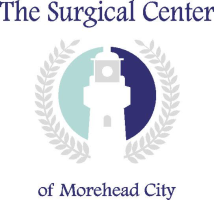Posterior Vitreous Detachment
Overview
Posterior Vitreous Detachment (PVD) is a common eye condition where the vitreous separates from the retina. Normally the vitreous, the clear gel-like substance within the eye, is in direct contact with the retina. As the eye ages, the vitreous tends to get more liquid, so PVD is a normal part of the aging process.
Warning Signs & Symptoms
Symptoms of PVD generally include floaters or “lightning flashes.” If the PVD has caused secondary bleeding, vision can also be decreased. In some cases, PVD can cause a retinal tear. While the symptoms are the same, the retinal tear can only be diagnosed during a comprehensive eye exam.
Diagnosis
When your eye is dilated as part of an eye exam, your eye doctor can diagnose Posterior Vitreous Detachment.
Treatments/Procedures
No treatment is required for PVD, if it is not associated with a retinal tear. However your doctor will want to closely monitor your eyes to determine no further damage has occurred. Always notify your eye doctor of there is any change in your symptoms or your vision.
Prevention
Some changes in the eye are a natural part of the aging process. If you have PVD in one eye, it is very common to develop it in the second eye within one or two years.
Injury to the eyes increases your risk of PVD. Be careful to protect your eyes, including wearing protective eyewear.
